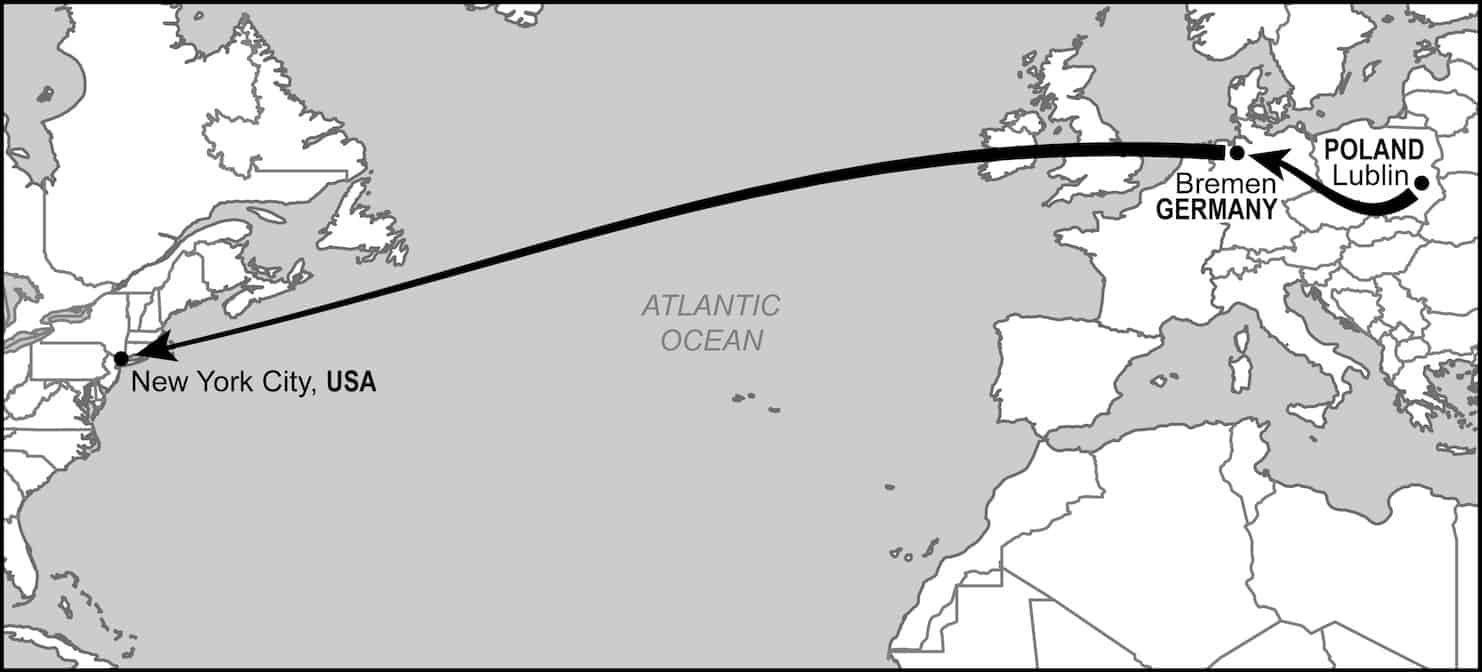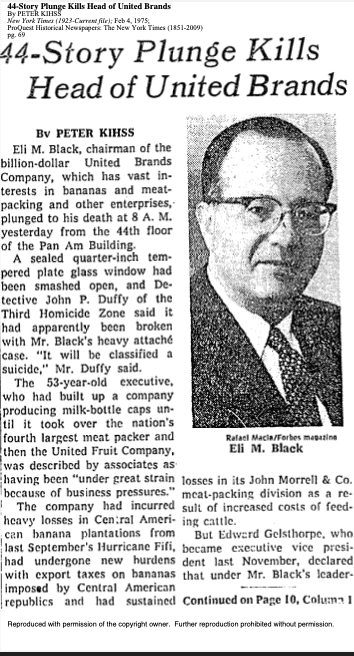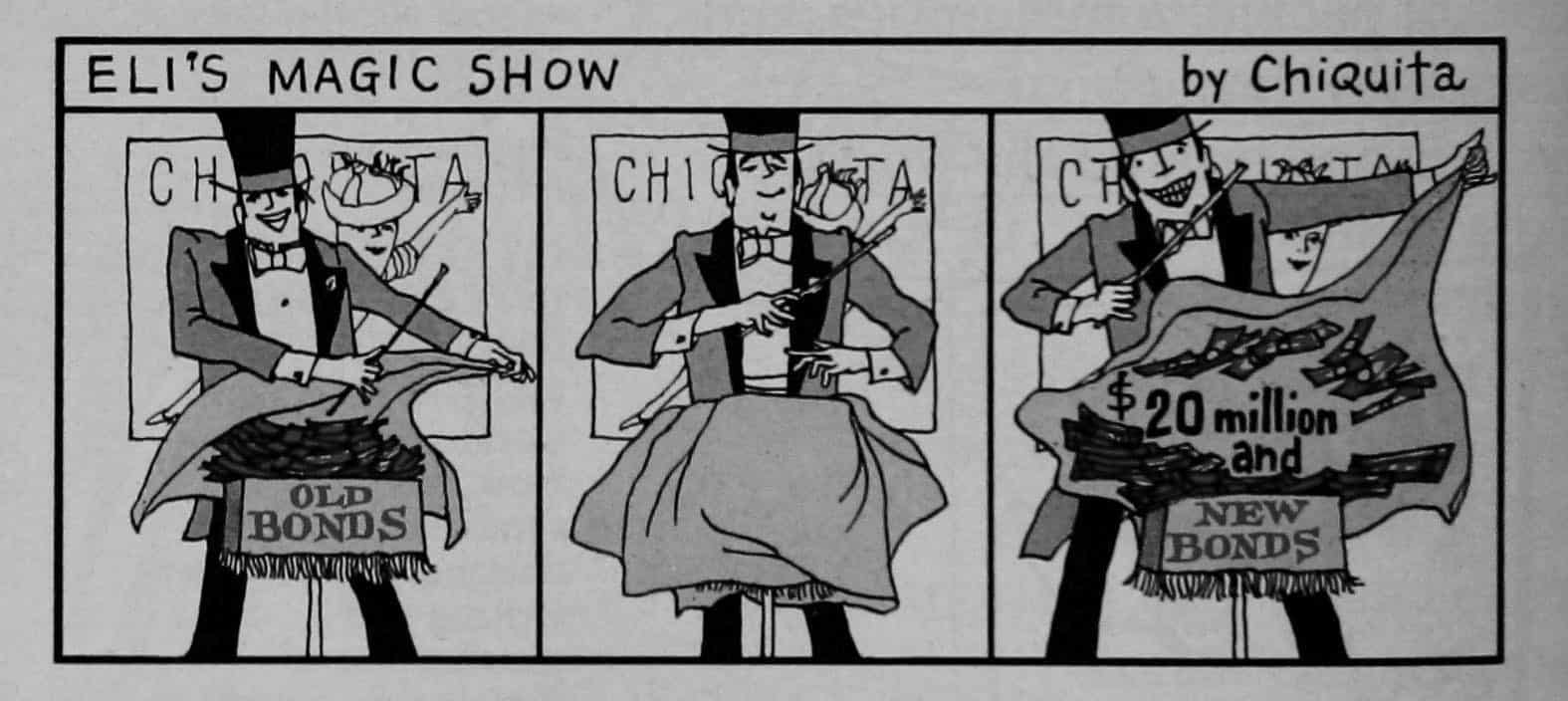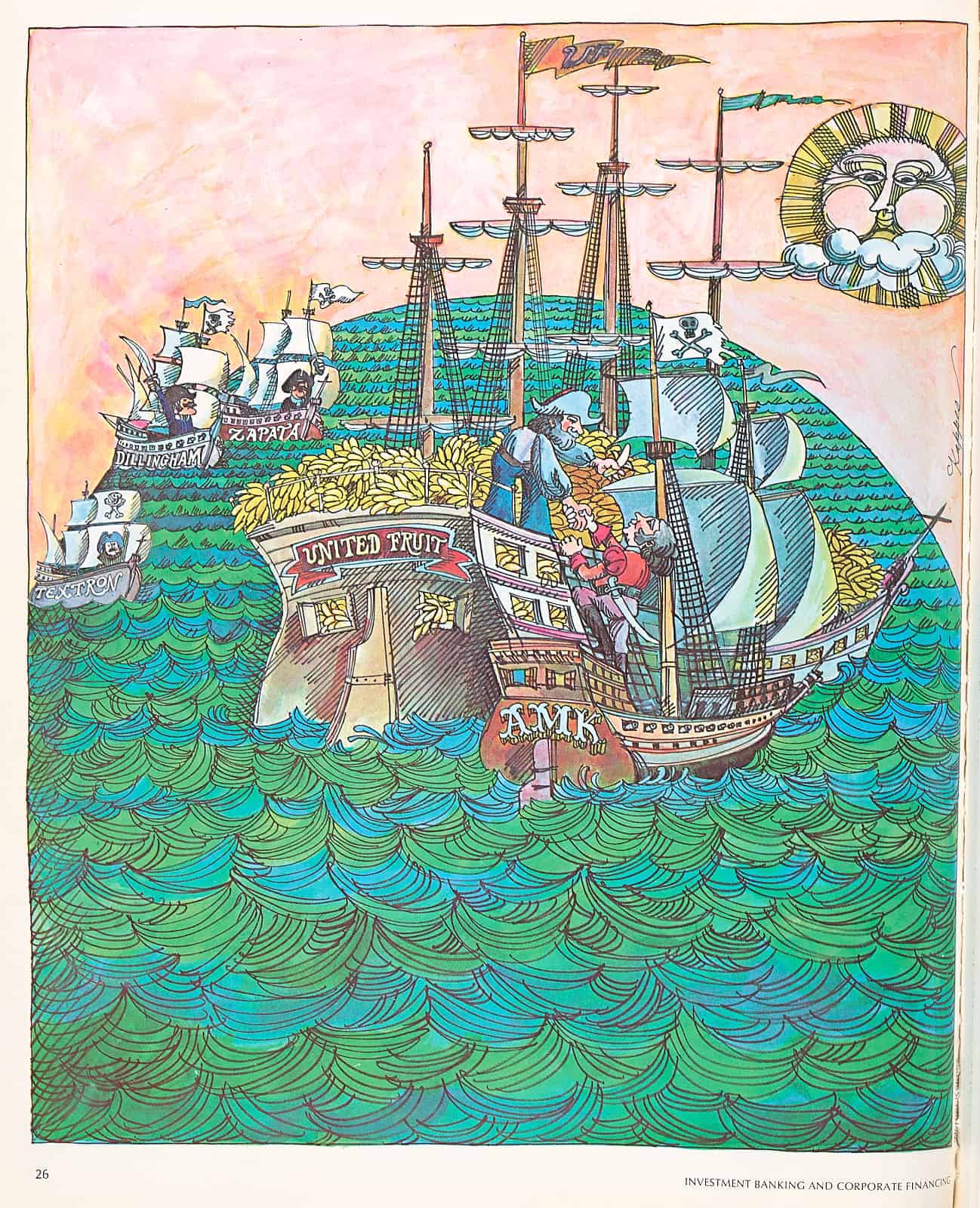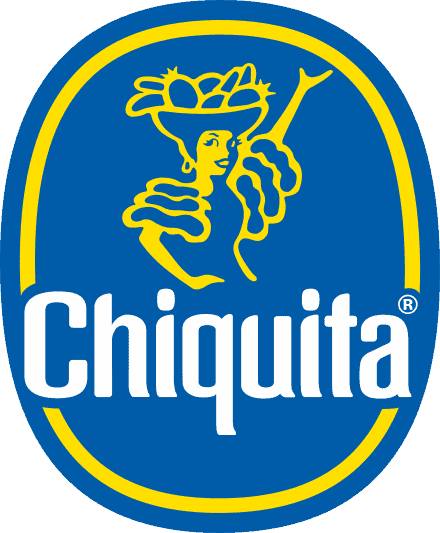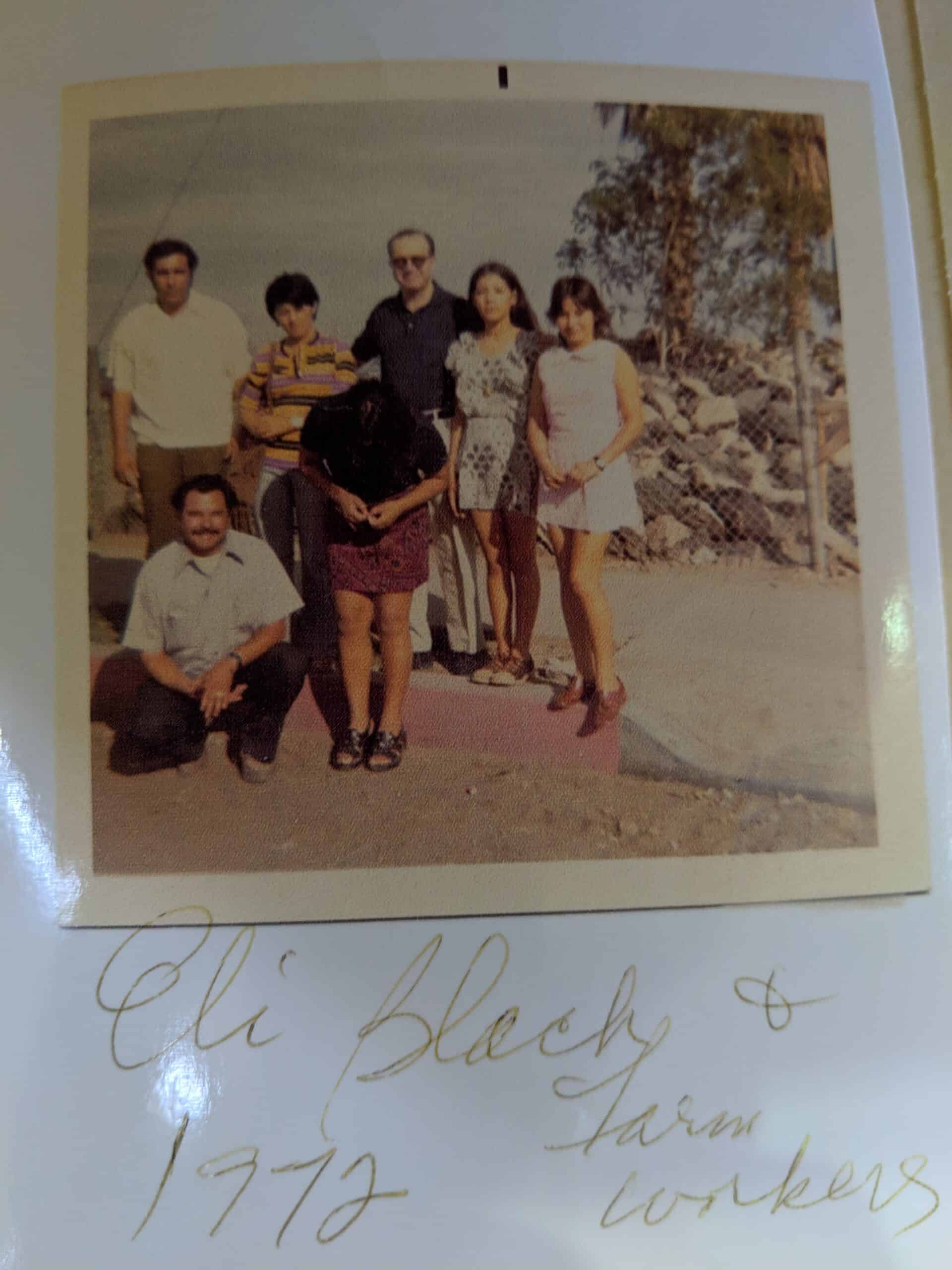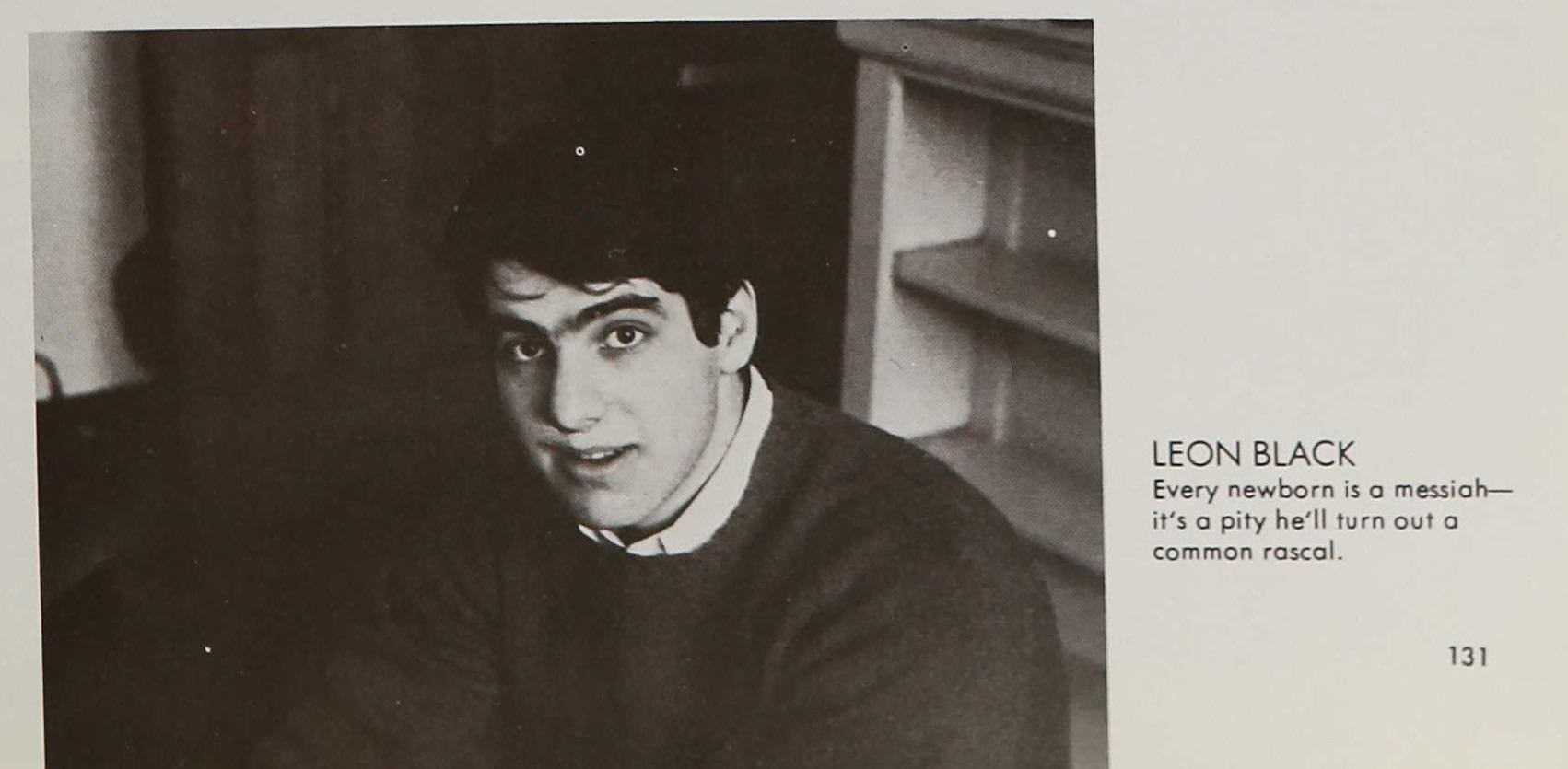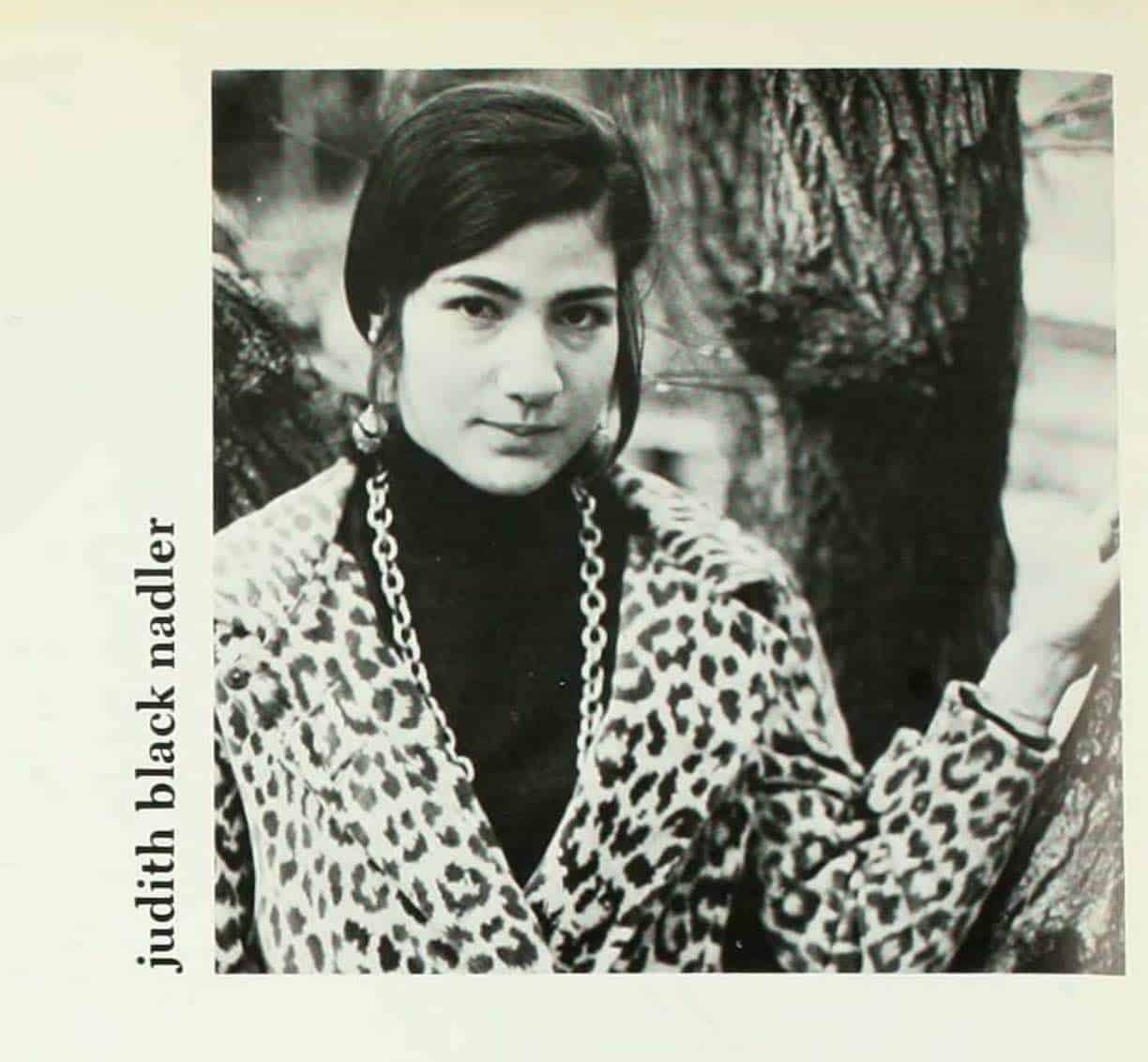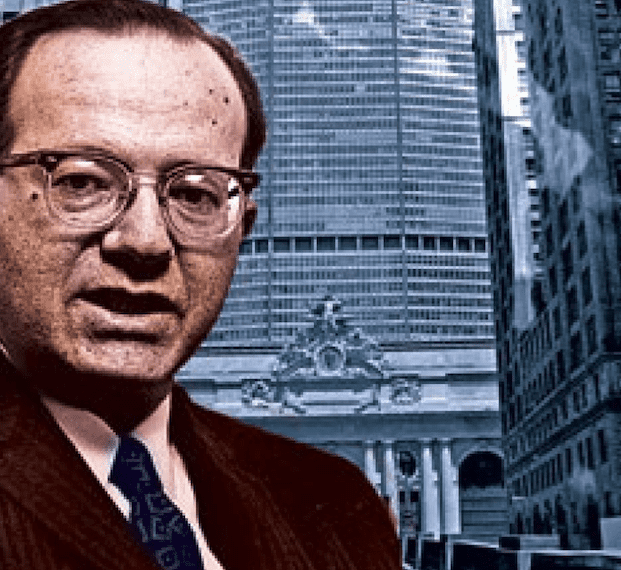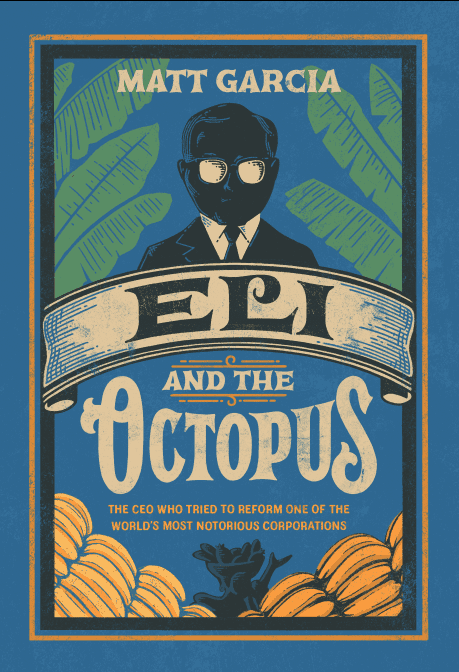ELI and THE OCTOPUS
Can social responsibility and capital accumulation coexist in the world of modern multinational corporations? Trying to reconcile the two proved the undoing of immigrant entrepreneur and former rabbi, Eli Black, and the end of the most storied U.S. food corporation, United Fruit Company, in 1975.
Order your copy of ‘Eli and the Octopus’ now and embark on a captivating journey of one man’s quest to do good while doing business.


“As the beating heart of capitalism, New York City provided Eli the perfect vantage point to imagine this future, and his place within it.” (24)

DESCRIPTION
At 8 a.m. on February 3, 1975, Eli Black leapt to his death from the 44th floor of Manhattan’s Pan Am building. The immigrant-turned-CEO of United Brands—formerly United Fruit, now Chiquita—Black seemed an embodiment of the American dream. United Brands was transformed under his leadership—from the “octopus,” a nickname that captured the corrupt power the company had held over Latin American governments, to “the most socially conscious company in the hemisphere,” according to a well-placed commentator. How did it all go wrong?
Eli and the Octopus traces the rise and fall of an enigmatic business leader and his influence on the nascent project of corporate social responsibility. Born Menashe Elihu Blachowitz in Lublin, Poland, Black arrived in New York at the age of three and became a rabbi before entering the business world. Driven by the moral tenets of his faith, he charted a new course in industries known for poor treatment of workers, partnering with labor leaders like Cesar Chavez to improve conditions. But risky investments, economic recession, and a costly wave of natural disasters led Black away from the path of reform and toward corrupt backroom dealing.
Now, two decades after Google’s embrace of “Don’t be evil” as its unofficial motto, debates about “ethical capitalism” are more heated than ever. Matt Garcia presents an unvarnished portrait of Black’s complicated legacy. Exploring the limits of corporate social responsibility on American life, Eli and the Octopus offers pointed lessons for those who hope to do good while doing business.
table of contents
- Preface
- Prologue
- 1. Talmid
- 2. An Honest Business
- 3. Pyramids
- 4. Shadows
- 5. Israelite
- 6. Half a Picture
- 7. United, We Fall
- Epilogue
- Notes
- Acknowledgments
- Index
Articles
United Fruit Lives Down a ‘Colonist’ Past
Food Executive Dies in N.Y. Plunge
Business Chief Leaps to Death in New York London Times- 02/04/1975
Global Financier Plunges 44 Stories
Investment Banking & Corporate Financing Spring 1969 Chris Welles The Battle for United Fruit Pt.1
Investment Banking & Corporate Financing Spring 1969 Chris Welles The Battle for United Fruit Pt. 2
WSJ 02/04/1975 P15 United Brands’ Chairman, Eli M.Black, Plunges to His Death in Apparent Suicide
Pre-Order your copy now!
Don't miss out on the opportunity to share your thoughts on the vital issues raised in Eli and the Octopus.
Order now and be ready to join the conversation.

